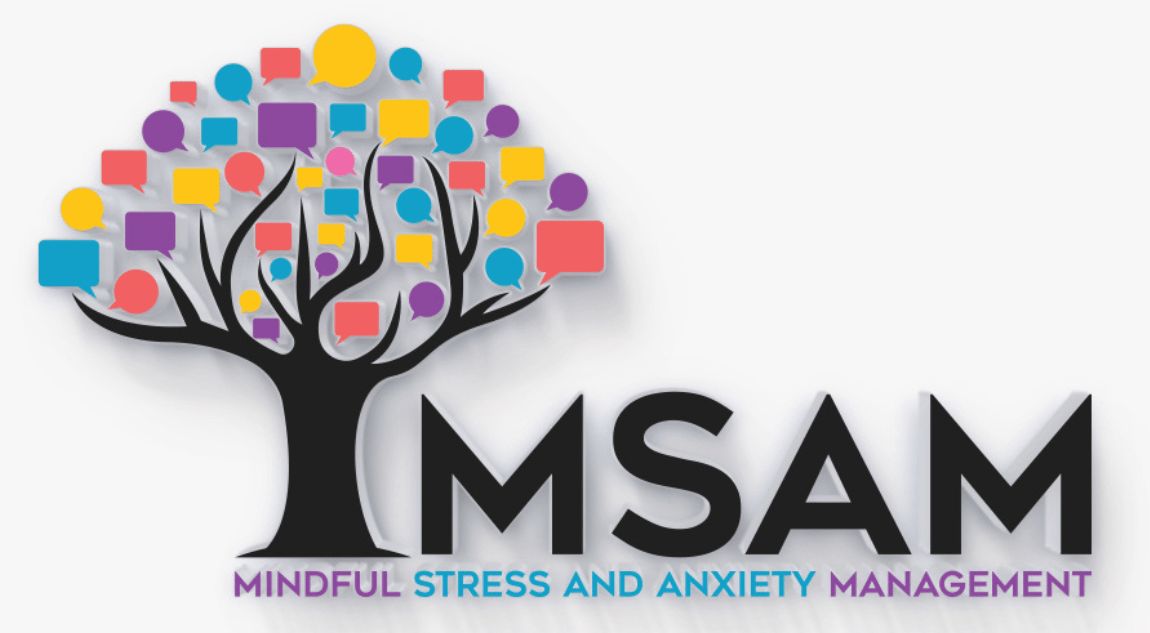About 7% of the U.S. population suffers from social anxiety. That means that at an event with a hundred attendees, chances are that at least six other people present suffer from social phobia as well. Of course, hearing that, you may be thinking “I’d have trouble going to an event with 1 other person, much less 99″—but don’t worry: you are not alone!
Social Anxiety Disorder
Many people experience from of being in the spotlight, begin evaluated negatively, or even being mildly scrutinized by others. These experiences are common and natural. It makes sense to get help, however, if your social anxiety is stopping you from doing the things that you want to do. Finding the right treatment for your social anxiety will provide you with the means to begin to combat your anxiety, move toward your potential, and get on the path to achieving what you value in this life.
Treatment for Social Anxiety Disorder
In treatment, we begin to improve responses to stressful situations by learning more about the anxiety itself. While anxiety is uncomfortable for everyone, it is not dangerous in a healthy individual. One of the first obstacles that you will need to work through are your thinking and conditioned responses to situations. For sufferers of social anxiety, these conditioned responses have escalated to a profoundly distorted mental pattern. Your reactions to your own thoughts and feelings have developed a relationship to social situations characterized by avoidance. Think about that conclusion for a second: I must avoid what I am afraid of in order to have the life I want.
Once you begin coping better with your distorted thinking and learn to manage your emotional reasoning, you will begin to see how meeting new people can lead to new experiences, more activities, and fewer social struggles. You will become more comfortable and confident when you network with others—and, let’s face it, almost all of the conversations we have are a form of networking whether they’re job-related or not. We are all social creatures to one degree or another, and we all thrive when we have rewarding human contact, even if we fear criticism or rejection. Your goal is to learn more about the nature of your anxiety, your mind, and your bodily reactions. You have been trying to avoid anxiety but, frankly, that makes it even worse. Instead, we learn to distinguish real and immediate danger from the danger our distorted thinking has produced.
There are going to be instances that produce anxiety as you live your life. Anxiety serves an important physiological purpose, producing a kind of discomfort that motivates us to action. Without anxiety, we might step out in front of a bus without realizing the danger that poses. Social anxiety disorder, however, causes you to over-appraise danger, eventually developing that evaluation into a habit of overabundant anxiety. But in order to lead a happy life, we can’t avoid all of the social situations that come our way; we have to tackle and overcome the obstacle of social anxiety.
Consult an Expert
Thankfully, cognitive behavioral therapy has been shown to help with social anxiety. In treatment, I use empirically-proven techniques to help you cope with the symptoms of anxiety, while staying more present to the moment as you are being more your authentic self. I will also train you in relaxation, breathing, and mindfulness techniques designed to help you when faced with a situation that involves social anxiety.
I’m here to help, and I look forward to helping you get on with the experience of living a life you value. Get in touch with me at 610-517-3127 for a consultation.
Warmest regards,
Harold
